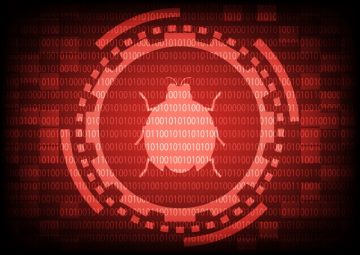SoundCloud Malware Distributed Through Compromised Accounts

This particular malware, referred to as the "SoundCloud virus," has been spreading harmful software by taking advantage of compromised user accounts on the legitimate SoundCloud platform. These compromised accounts are being utilized to promote links leading to malicious websites hosting dangerous programs. It has come to our attention that numerous compromised SoundCloud accounts, which appear legitimate, have been identified.
It is highly likely that cybercriminals acquired these accounts through methods such as credential-stealing malware or phishing scams. A recorded voice, when played, urges listeners to click on a link provided in the description of music tracks associated with these accounts. These links, often shortened URLs, redirect unsuspecting users to download pages harboring malicious content, thus setting off a chain of infections.
When Windows users click on the provided link, they are directed to download a password-protected archive that contains a hazardous malware called PrivateLoader. PrivateLoader belongs to a category of malware known as a loader/backdoor, designed to facilitate further infections by downloading and installing additional malicious programs or components. Notable examples of malware associated with PrivateLoader include G-Cleaner, RedLine, SmokeLoader, and the Vidar infostealer. These malware variants act as data stealers and backdoors, posing a significant threat to system security.
How Can Threat Actors Compromise Accounts and Steal Credentials?
Threat actors employ various techniques to compromise accounts and steal credentials. Here are some common methods:
- Phishing: Attackers send fraudulent emails or messages that mimic legitimate organizations, enticing users to click on malicious links or provide their login credentials on fake websites. These phishing attempts can be highly convincing and trick users into revealing their usernames, passwords, or other sensitive information.
- Credential Stuffing: In this method, threat actors use username and password combinations obtained from previous data breaches and attempt to gain unauthorized access to other online accounts where users have reused their credentials. Since many people reuse passwords across multiple platforms, this technique can be highly effective.
- Brute Force Attacks: Attackers use automated software to systematically guess combinations of usernames and passwords until they find the correct credentials. Weak or easily guessable passwords can be easily compromised using this method.
- Social Engineering: Threat actors manipulate individuals through psychological manipulation, deception, or impersonation to trick them into revealing their login credentials. They might exploit trust, authority, urgency, or other emotional triggers to convince users to disclose sensitive information.








